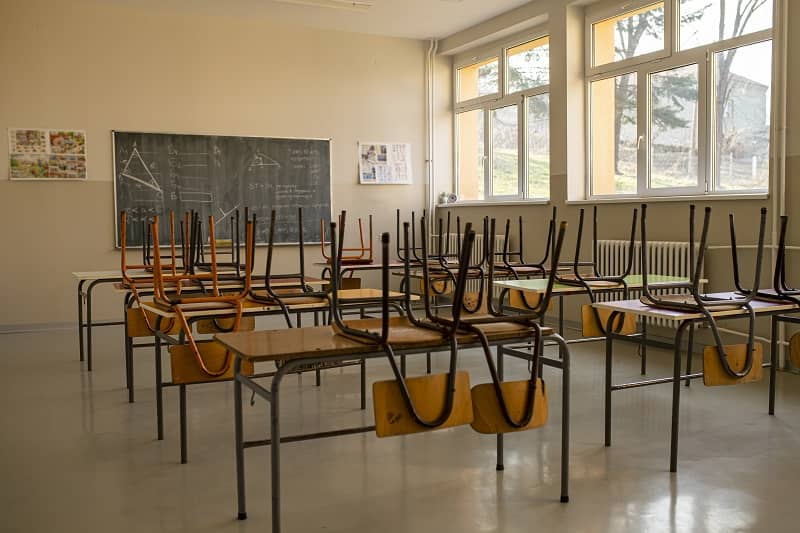By Micah Perry
In this summer’s Olympic Games, Oregon natives Kim Hill and Ryan Crouser showed up, pushed themselves, and earned gold medals. Those medals have meaning—to them, to their team, and to their country. You don’t get that kind of meaning with a participation trophy. It’s too bad the state’s governor and legislature seem to disagree.
On July 14, Governor Kate Brown signed Senate Bill 744 into law, which will allow Oregon students to graduate from high school without having demonstrated proficiency in reading, writing, or math for the next five years. The bill also directs the Oregon Department of Education to review the state’s graduation requirements and make recommendations by September 2022 for new standards that will “reduce disparities” and “ensure that every student will be on track” to receive a diploma.
Notably, the bill was not accompanied by a ceremonial signing or a press release from the Governor’s office, and it’s no secret why. The new law all but admits that Oregon’s public schools have failed. Despite per-pupil spending hovering near the national average, the state has the third worst high school graduation rate in the nation. Though the bill could artificially boost the state’s rankings, it will harm students in a variety of ways. While the proficiency requirements are waived, an Oregon public school diploma will mean little more than a participation trophy for showing up.
As many Oregon high school graduates head off to college in the coming years, they may find themselves unprepared for the demands of higher education, despite their diploma and the state’s education system telling them otherwise. At worst, they face an increased risk of dropping out of college after accruing thousands of dollars of student loan debt. Many may be required to take—and pay for—remedial courses in college to catch up with their peers. What’s the point of “free” public K-12 education if students have to spend money to learn basic, essential skills they should have learned in high school?
Proponents of the bill argue that these newly relaxed standards will benefit students of color. How exactly these students will be helped remains unclear, but watching elected leaders lower standards sends a signal to students that our politicians do not expect them to succeed otherwise. If lawmakers truly cared about helping underperforming students, they would direct resources toward providing an education that is effective, not easy. Ultimately, the bill papers over the state’s failings with a cheapened diploma.
That sound you’ll hear over the next few years will be the sound of thousands of public school parents heading for the exits. Many parents feel that, with the passing of the new law, Oregon’s elected officials have given up on the public schools. Many feel that if their elected representatives have given up on their students, then they should give up on the public schools. They deserve that option. They deserve the option to enroll in charter schools or private schools. They deserve the option to homeschool or form learning pods. They deserve the funding to pursue these options. That’s why state school funds should follow the student, rather than prop up the public school system that appears to have abandoned its main mission: to prepare students for higher education and careers.
Education savings accounts are one approach to doing this. States such as Arizona and North Carolina have enacted these successful programs. An education savings account provides families with a portion of their per-pupil state education funding, so they can send their children to schools that meet their educational needs. And, if some students lag behind their peers at a school, education savings accounts provide students with the flexibility to transfer into an environment where they can excel. Recent polls show widespread, bipartisan support for such programs. Oregon should capitalize on this mandate to deliver the best education possible to its students.
Our state’s Olympians have shown that true success and achievement are not found by lowering standards, but by setting high standards and striving to surpass them. Oregon officials should be cheering students on and giving them the tools they need to go for the gold medal in life, rather than simply placing a consolation trophy in their hand.
Micah Perry is a Program Assistant for External Affairs at the Portland-based Cascade Policy Institute, Oregon’s free market public policy research organization. A version of this article was published in the Portland Tribune.












